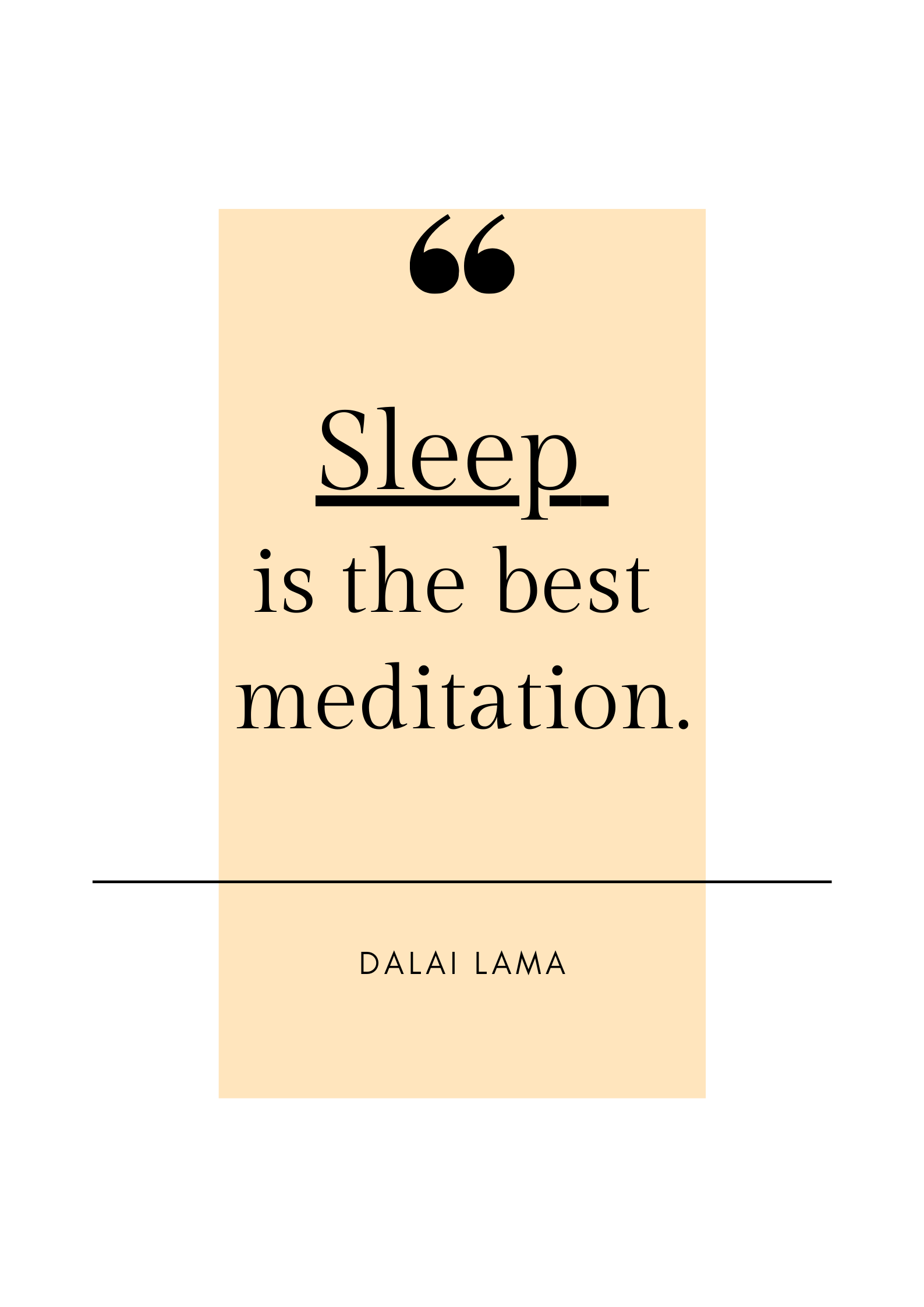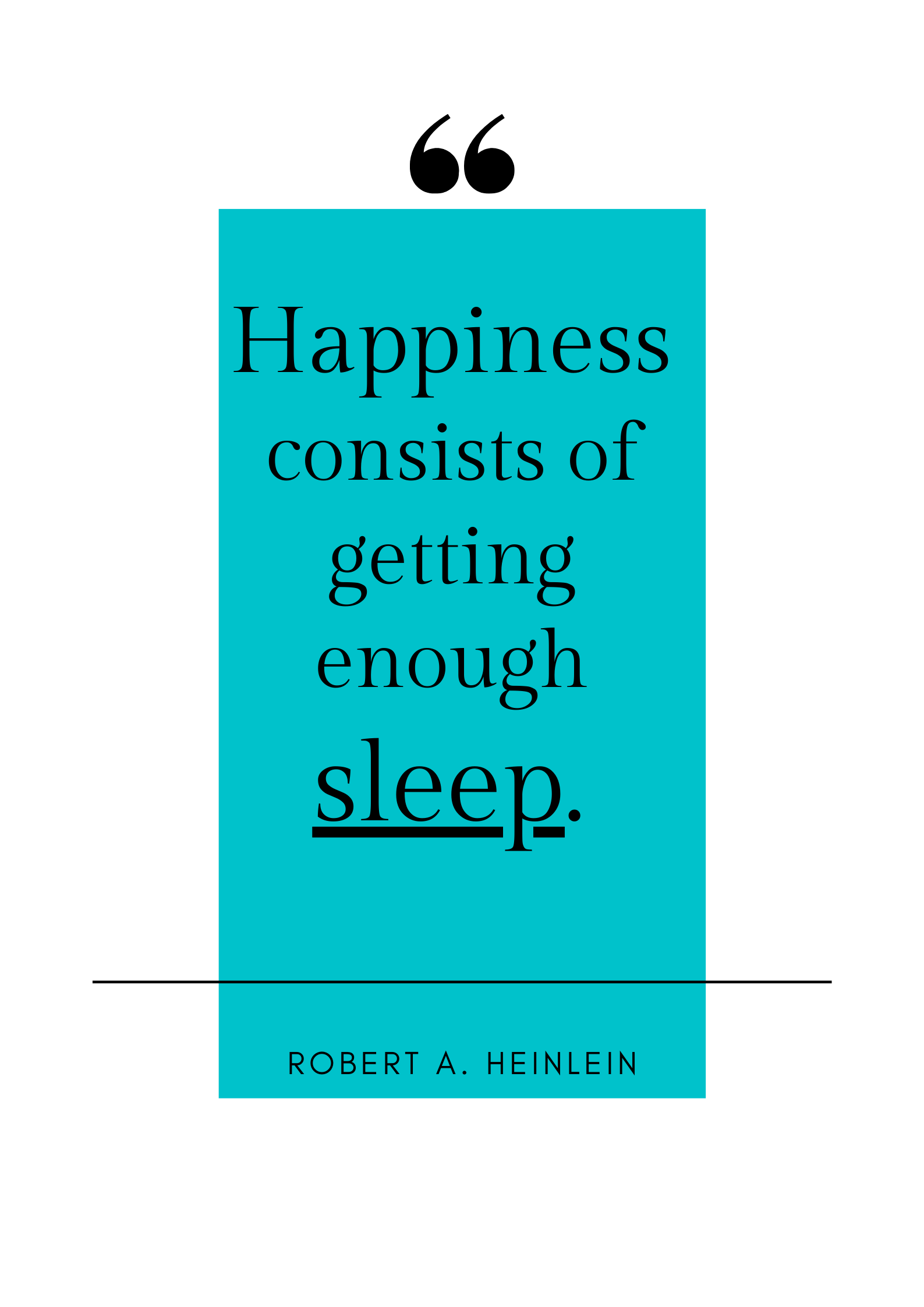18 valuable tips guaranteed to help you sleep well
Amid a global pandemic, there isn’t much room for self-care or quality rest. Research has repeatedly shown links between stress and our overall sleep quality. And we are each currently carrying a massive load.
As Americans, we are facing both COVID 19 and our battle for anti-racism. Some parents are working from home while handling the additional stress of homeschooling their children. While some people are stuck at home dealing with an abusive spouse. Our sleep quality has had to suffer.
While this article doesn’t address the problems of the world, it does offer tips to help us all better manage our sleep. Here are eighteen recommendations you can try immediately to improve the quality of your sleep plus potentially increase the number of hours you stay asleep. My top five are #s 2, 4, 10, 11, and 12.
18 Sleep Tips
- Turn off the TV (especially the news) and your phone at least two hours before your bedtime. Not only is there a link between blue light in technology and sleep, but we are also filling our brains with thoughts that are often sad, bad, and gloomy.
- Use a diffuser. Why not put a relaxing scent (like lavender essential oil) in a diffuser. You could also place some on a tissue and put it under your pillow. Be careful if you have pets, especially cats.
- Drink a warm cup of caffeine-free tea — try chamomile. There is a wide range of other tasty teas available if you don’t like the taste of chamomile. Just be sure that your brew of choice is caffeine-free.
- Lower the thermostat, but get under the covers if you’re cold — cuddling in your favorite blanket while breathing cooler air has been proven to contribute to a better night’s rest.
- Make use of white noise or meditative sounds — ask Alexa (or your favorite smartphone sound/music app) to play thunderstorm sounds. That’s a must for me every night.
- Run an air filter to remove impurities from the air in your home, and your sinuses will thank you. Poor air quality in your home, especially your bedroom, can clog your sinuses, causing disrupting sleep.

- Set a better bedtime. If possible, go to bed when you can get the quantity of sleep your body needs — this could be sooner or later, depending on your natural sleep cycle.
- Sleep without your pets — if you’re a pet lover like me, this might be a difficult practice to adopt, but I promise, this one really pays off. Your pet’s body temperature and constant movement disrupt your body’s ability to cool itself and move as needed throughout the night. It might seem contrary, but research has also shown that having your pets in the room can help you rest well.
- Wear a sleep mask and earplugs. Not everyone can avoid the audible sounds and light that filters into their home after dusk, so do the best you can by getting your hands on tools that can block both sight and sound.
- Get naked — seriously. There’s nothing as physically comfortable as sleeping au naturel. You won’t get tangled up in extra fabric, and your body can efficiently cool itself, as needed.
- Get the right mattress and pillows for your comfort — we each have individual needs when it comes to how soft our mattress or pillow needs to be. If possible, don’t go for what’s cheapest. Read online reviews and be willing to invest in what will work best for you.
- Get some high-thread-count cotton sheets — as with your mattress and pillow selection, why not splurge a bit here too? If you have ever stayed in a hotel with quality bedding, you know the feeling. Why save those experiences for a few weeks of vacation time? Get in the habit of sleeping in comfort every night.

- Create and stick to a nightly ritual or routine — rituals can be as simple as enjoying some hot tea, lowering the thermostat, and reading or meditating for a few minutes before bed. They can also be more elaborate. Do what works for you and brings you enjoyment! Make your nightly ritual fit your lifestyle.
- Use light therapy. Sometimes we don’t have the option to choose our preferred work hours and may be asked to work at times that do not fit our natural sleep cycle. Using light therapy can help our brains adjust to the times we have available to rest. Use light therapy, and let’s get your circadian rhythm in check!
- Invest in a weighted blanket. My blanket has helped me tremendously. If you have restless leg syndrome and find it challenging to fall and stay asleep, a weighted blanket is a practical option.
- Automate your nighttime routine! We can make technology work for us without being too intrusive. One example is to create a nightly routine using Alexa to automate your bedroom’s transition into a safe, cozy sleep sanctuary. One setting or command will have her lowering temperatures, locking doors, setting alarms, dimming lights, playing relaxing music, launching a meditation session, or reminding you to unwind and prepare for bed! How awesome is that?
- Consider trying melatonin — but first, discuss it with your primary care physician. Melatonin has worked for me (3mg). It helps me fall asleep and stay asleep throughout the night. My body has a delayed response, so I usually take my pill two or three hours before bedtime. Try different times to see what works best for you,
- Work out. Get in the routine but always several hours before bed. A workout can initially leave you feeling too excited but will later have the effect of relaxing your body and making you feel worn out. You may also choose an exercise routine that’s specifically intended to relax your body and soothe your mind.
Whichever of these tips you choose, try committing to them for several weeks. I hope that you’ll experience improved sleep and see an overall improvement in your quality of life. Best of luck and sleep well!
Leave a comment:
- Which were your top five tips?
- What recommendations would you add or remove from this list?
- What are some steps you have taken to get better sleep?
- Which of these will you adopt?


